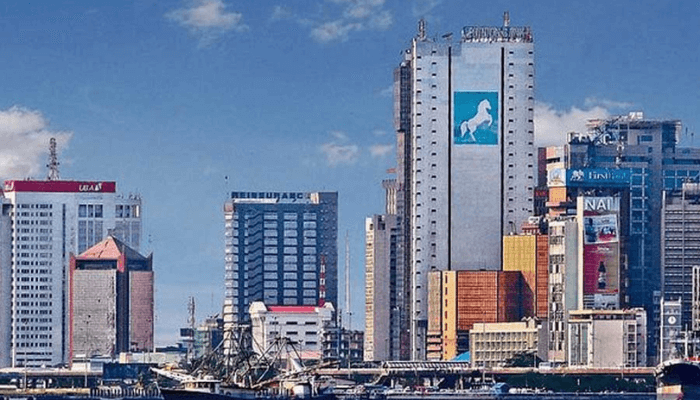Nigeria’s banking sector assets rose by 25.34 percent (N9.98 trillion) between the end of February 2022 and 2023, driven largely by balances with the Central Bank of Nigeria (CBN)/banks, FGN bonds, Treasury Bills and credit, according to members of the Monetary Policy Committee (MPC) in their personal statement at the last meeting in March, 2023.
The industry’s total assets rose to N77.59 trillion in February 2023 from N62.01 trillion in February 2022. Total deposits rose to N49.36 trillion from N39.38 trillion over the same period, driven primarily by an increase in deposits arising from the naira redesign policy.
This was disclosed corroboratively by Aisha Ahmad, CBN’s deputy governor in charge of financial system stability, and Festus Adenikinju, member of the MPC, in their personal statement.
Industry credit also increased by N4.98 trillion between end-February 2022 and end-February 2023, with significant growth in credit to manufacturing, general commerce, and the oil & gas sub-sectors, Ahmad said.
Adenikinju said all measures of industry aggregates, including assets, deposits, and credit rose year-on-year. Consequently, total assets of the banking industry grew by N15.58 trillion between the end of February 2022 and 2023.
“Notably, this impressive increase was achieved with continued decline in Non-Performing Loans (NPLs) ratio. Notwithstanding the strong financial system fundamentals and satisfactory stress test results, the bank must remain vigilant and proactively manage emerging risks to financial system stability, especially with the challenging global economic and financial environment, said Ahmad.
According to her, the optimism of continued positive output growth was further buttressed by sustained stability of the financial system, despite heightening global headwinds and domestic vulnerabilities.
She said a comprehensive review and stress testing of the Nigerian banking system by the Central Bank’s staff, to assess the impact of continued rate hikes by the MPC, recent bank failures in the US and Switzerland, and other idiosyncratic risks, shows robustness of the financial system.
Read also: CBN, Bankers’ Committee and the drive for non-oil exports
This resilience, she said validates post global financial crisis regulatory reforms and the CBN’s global prudential standards such as Basel 3 framework and was reflected in the healthy prudential ratios and capital buffers of the industry.
Capital adequacy and liquidity ratios were strong at 13.70 and 43.10 per cent in February 2023, respectively, with NPLs ratio at 4.2 percent over the same period, compared with the prudential benchmark of 5.0 per cent.
Kingsley Obiora, CBN’s deputy governor, economic policy, said despite the concerns with banks in some advanced economies, the Nigerian banking system remains liquid, sound, and resilient at the moment.
He said the continuous decline in NPL was attributable to write-offs, restructuring of facilities, Global Standing Instruction (GSI) and sound credit risk management.
Consequently,he noted that total gross credit increased by N4.98 trillion, or 19.71 per cent between the end of February 2022 and the end of February 2023, from N25.25 trillion to N30.23 trillion, due to the increase in the industry funding base, and the CBN’s directive on Loan To Deposit Ratio (LDR), and business strategy and competition.
The credit growth he added was largely recorded in oil and gas, manufacturing, general commerce, government and general commerce. The increase in credit will boost productivity, job creation, and poverty alleviation, he said.






